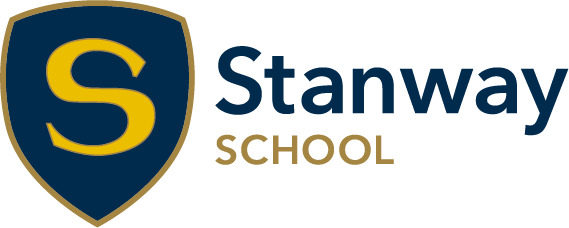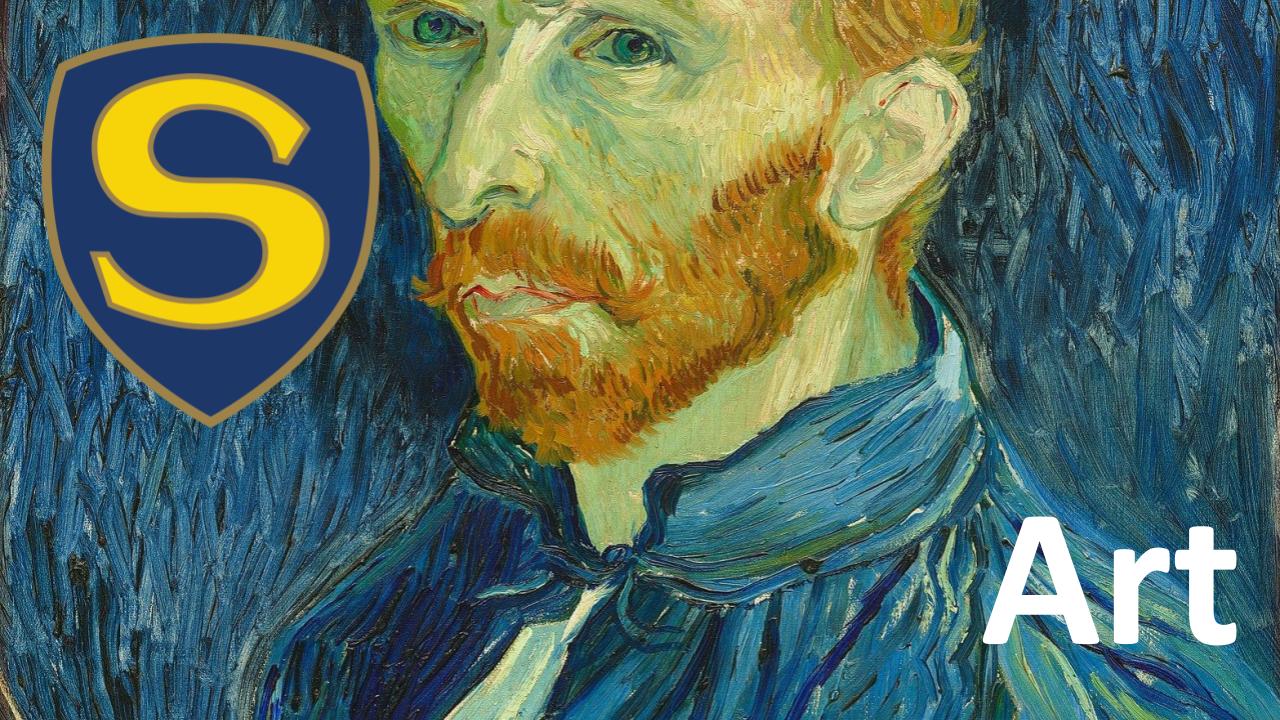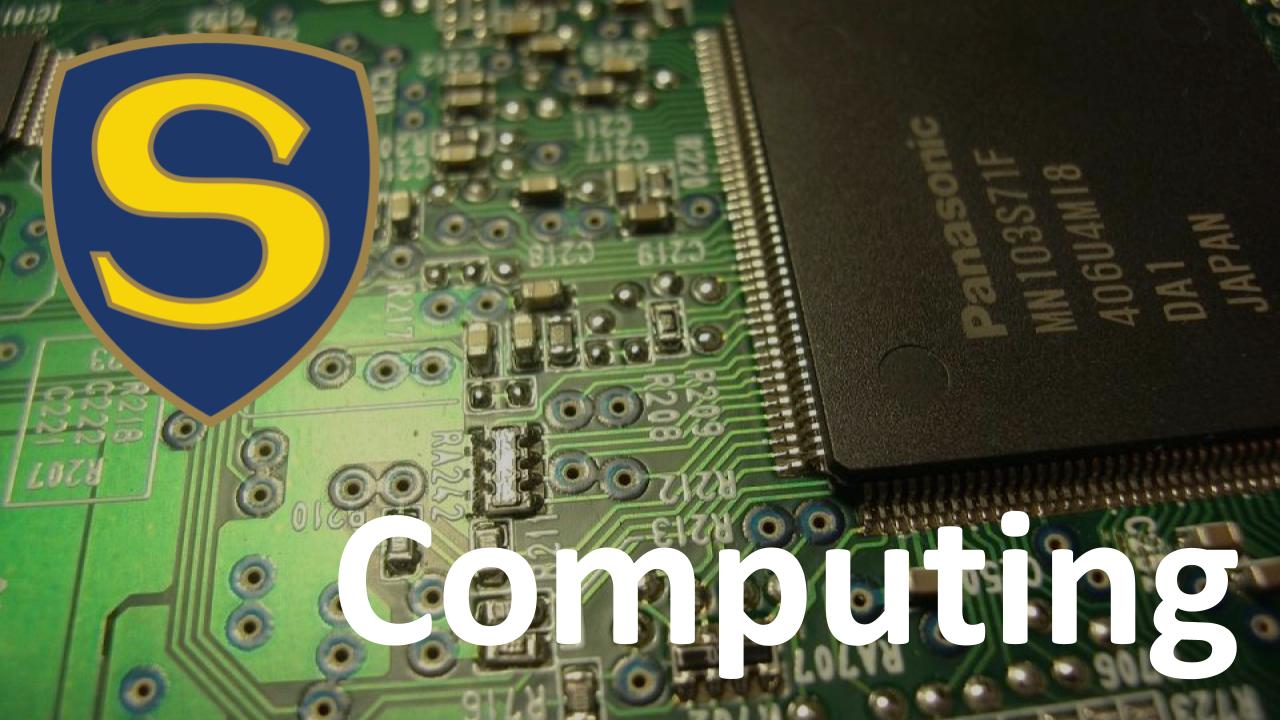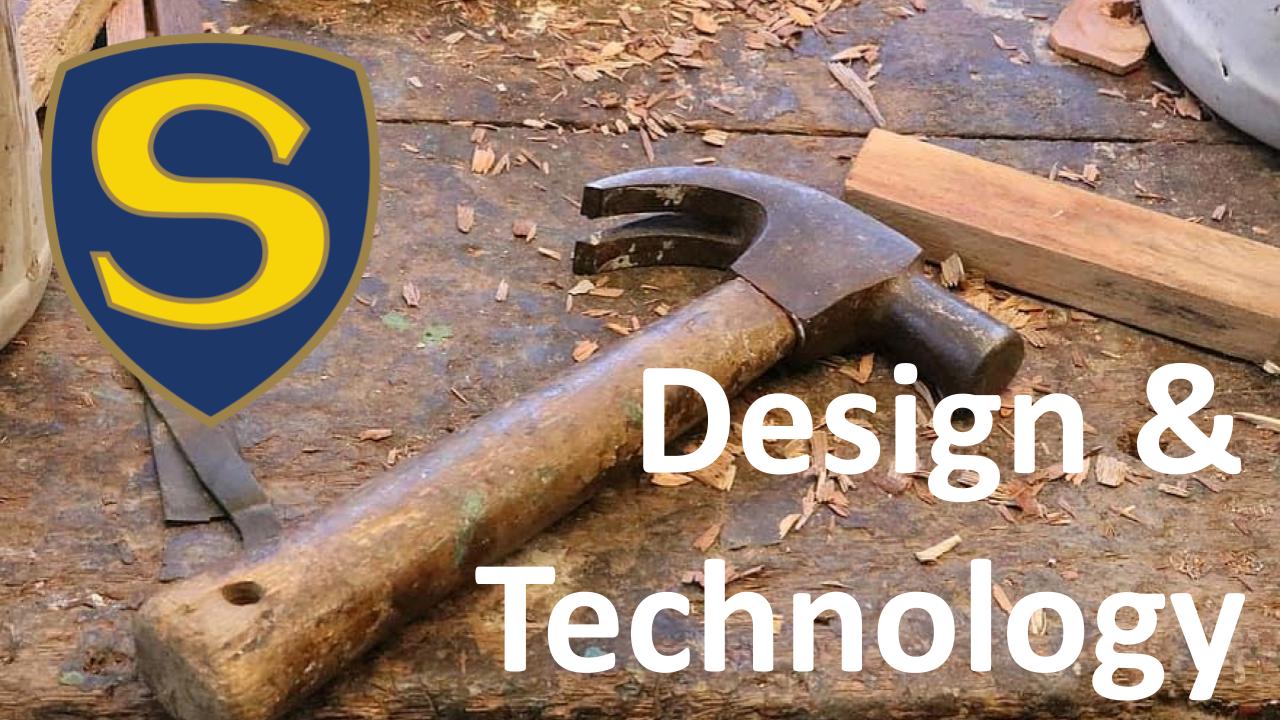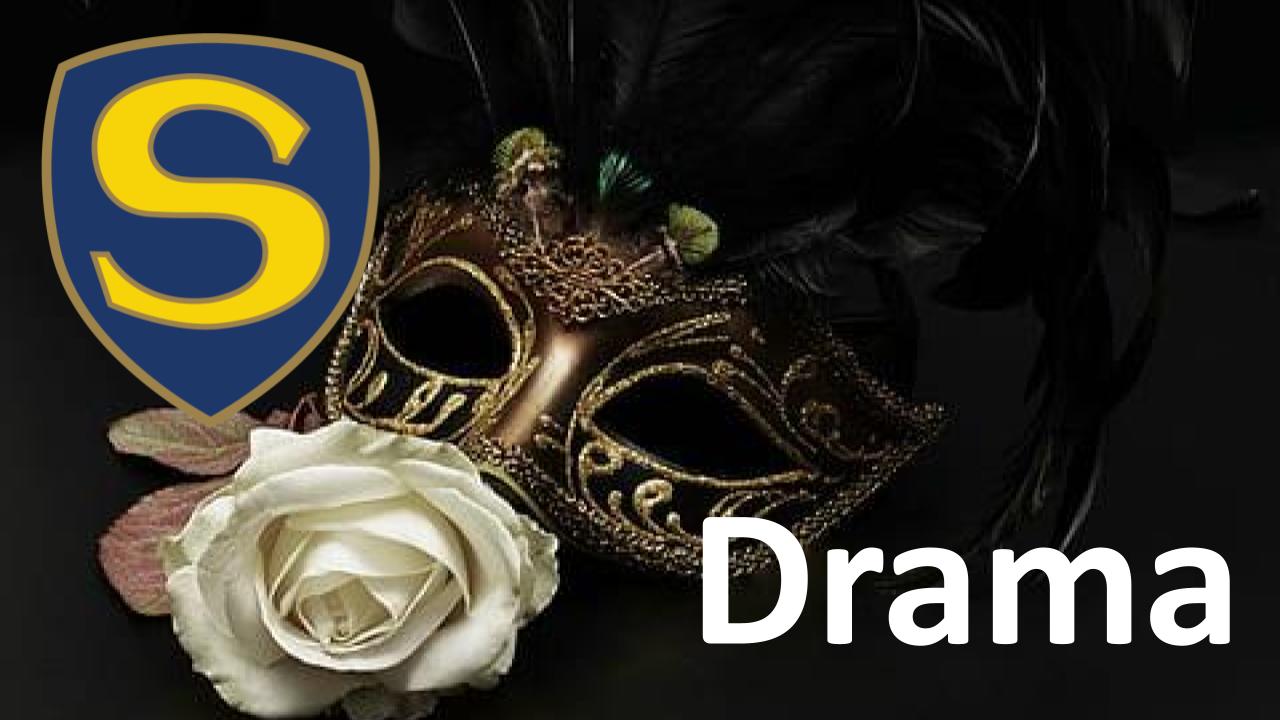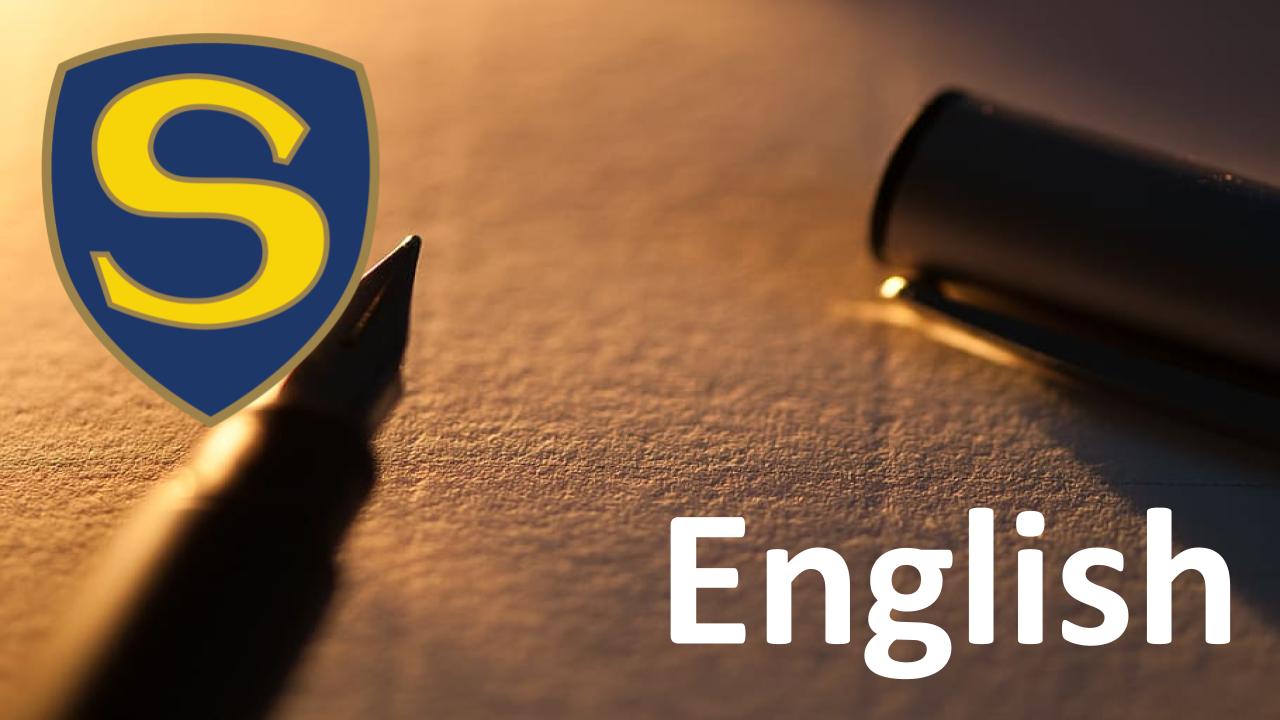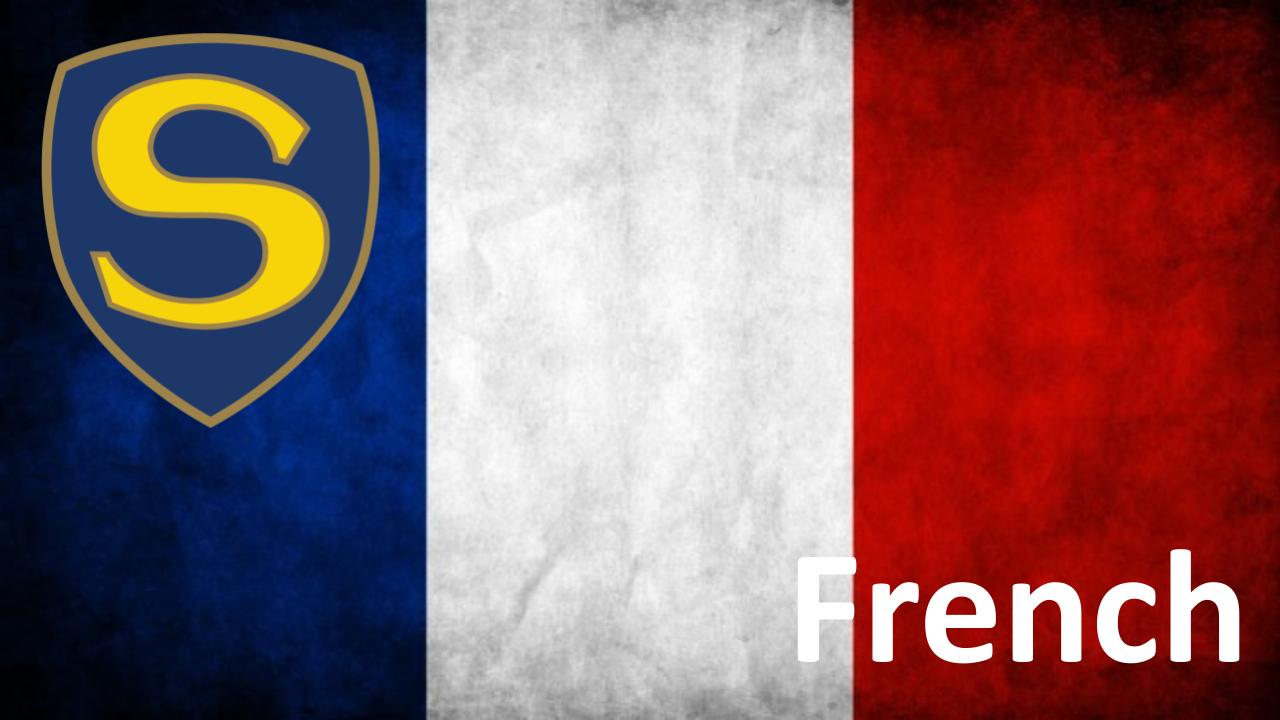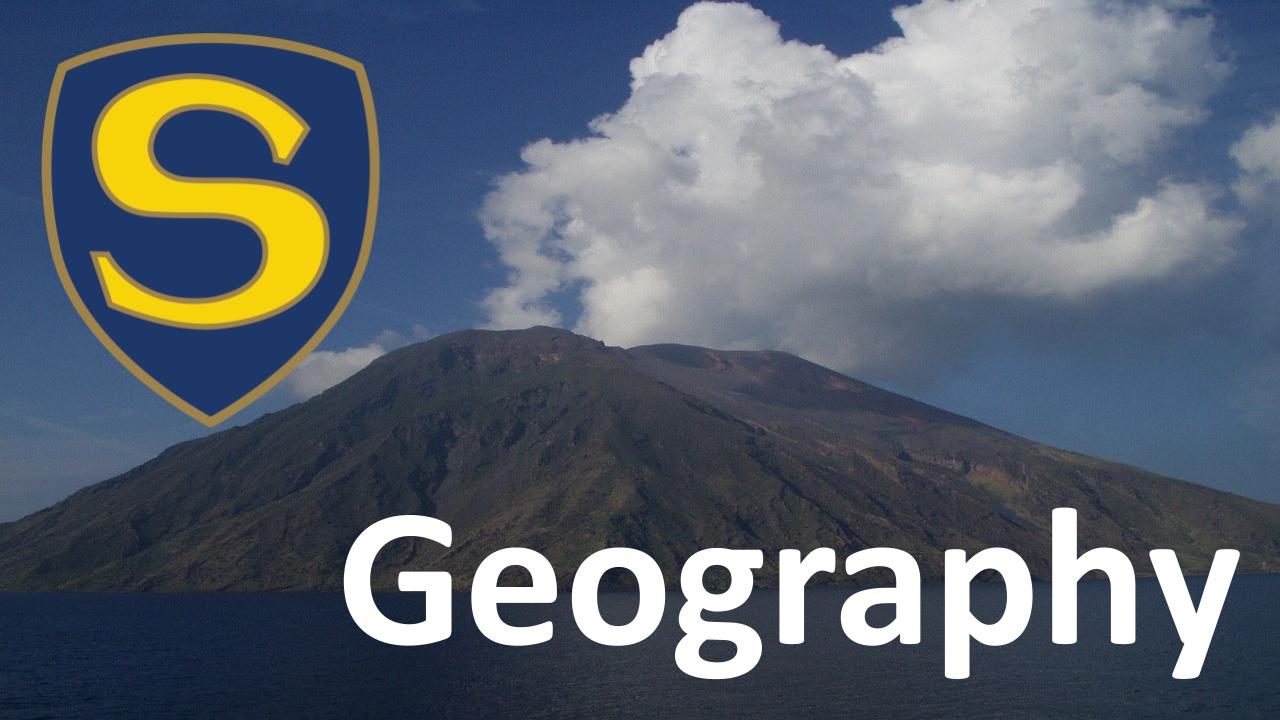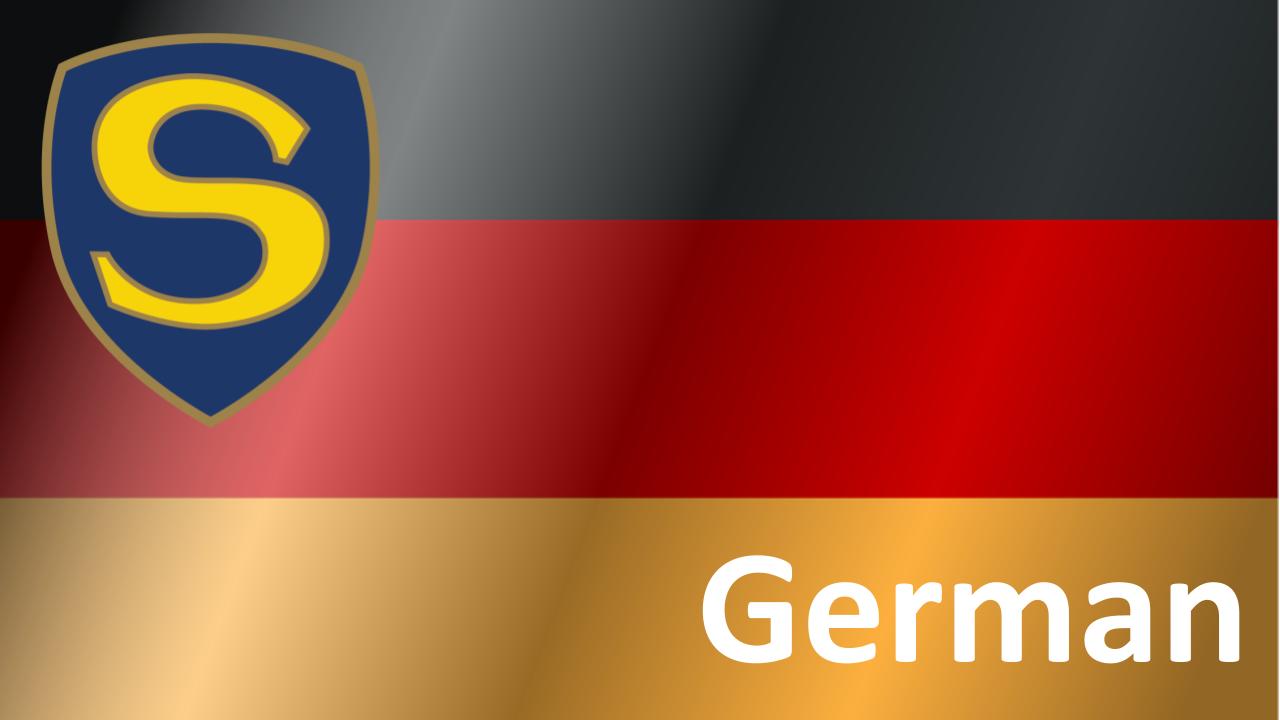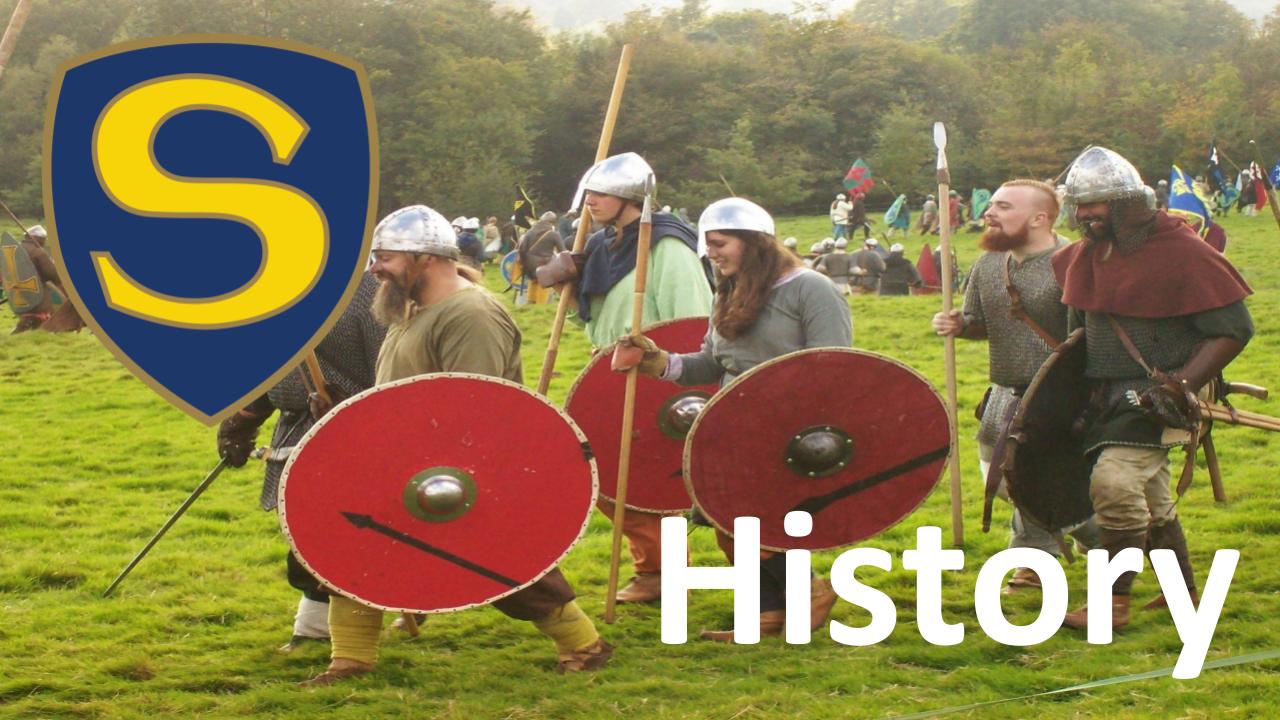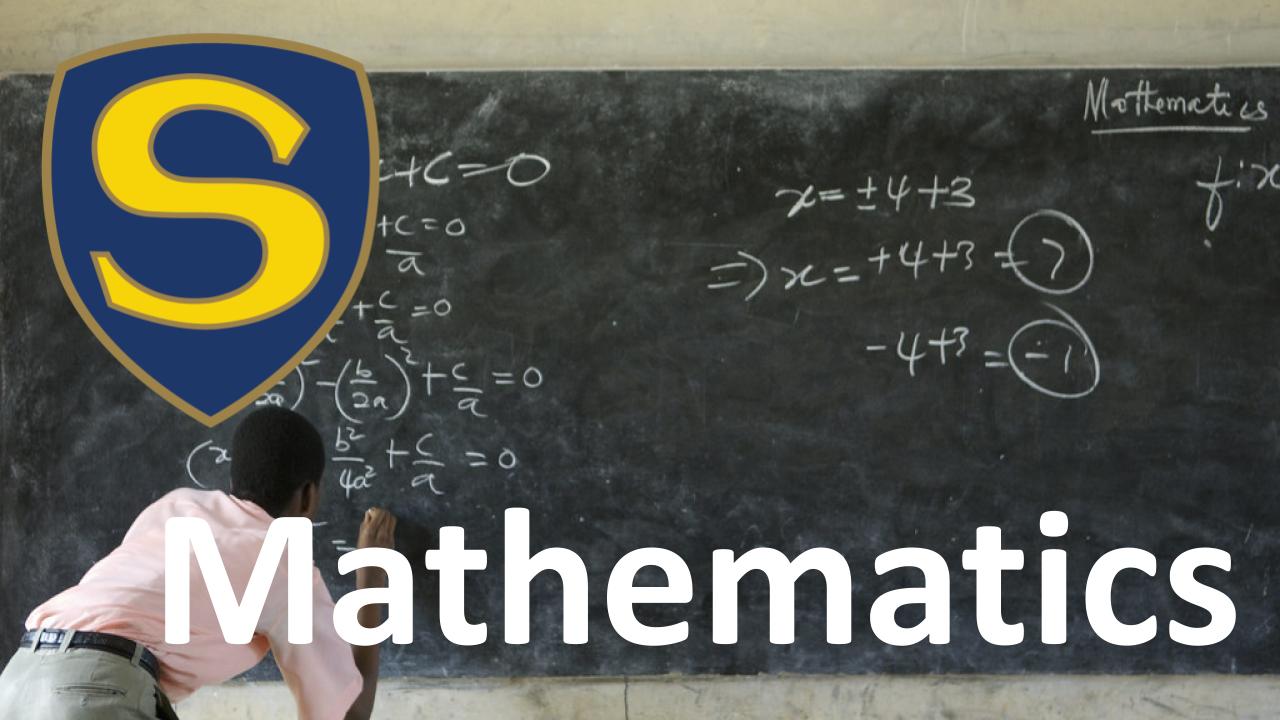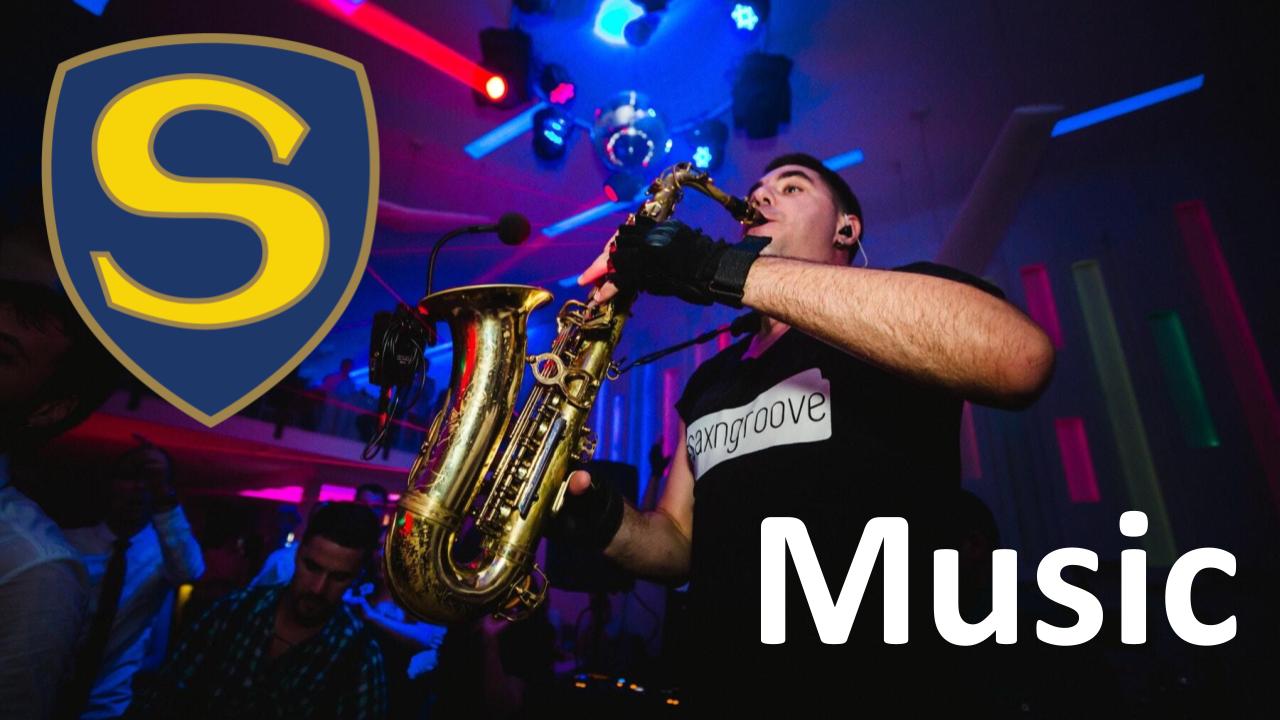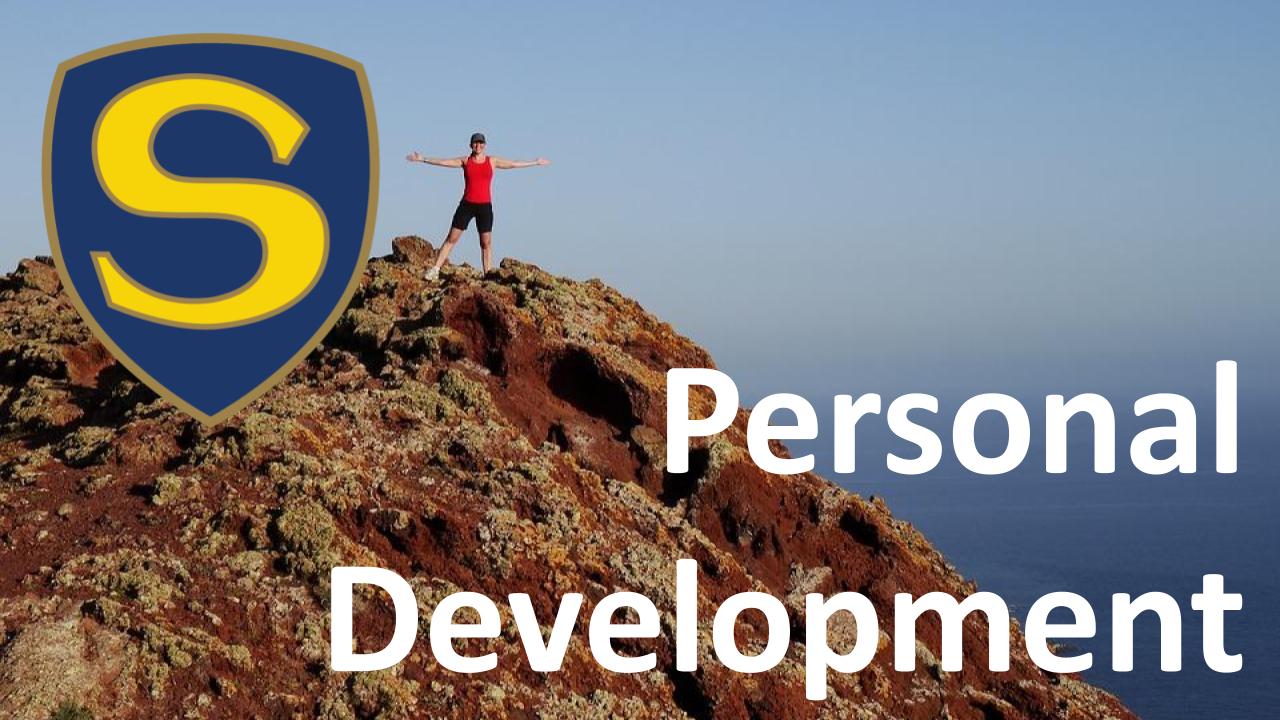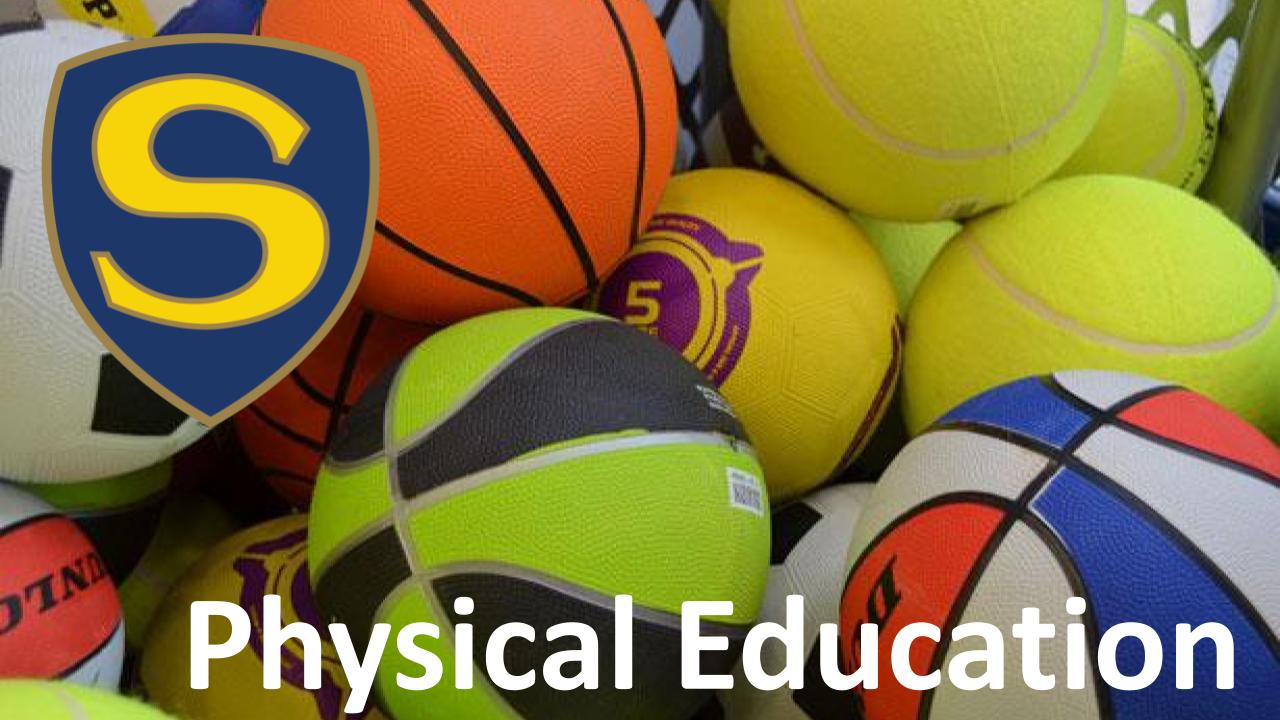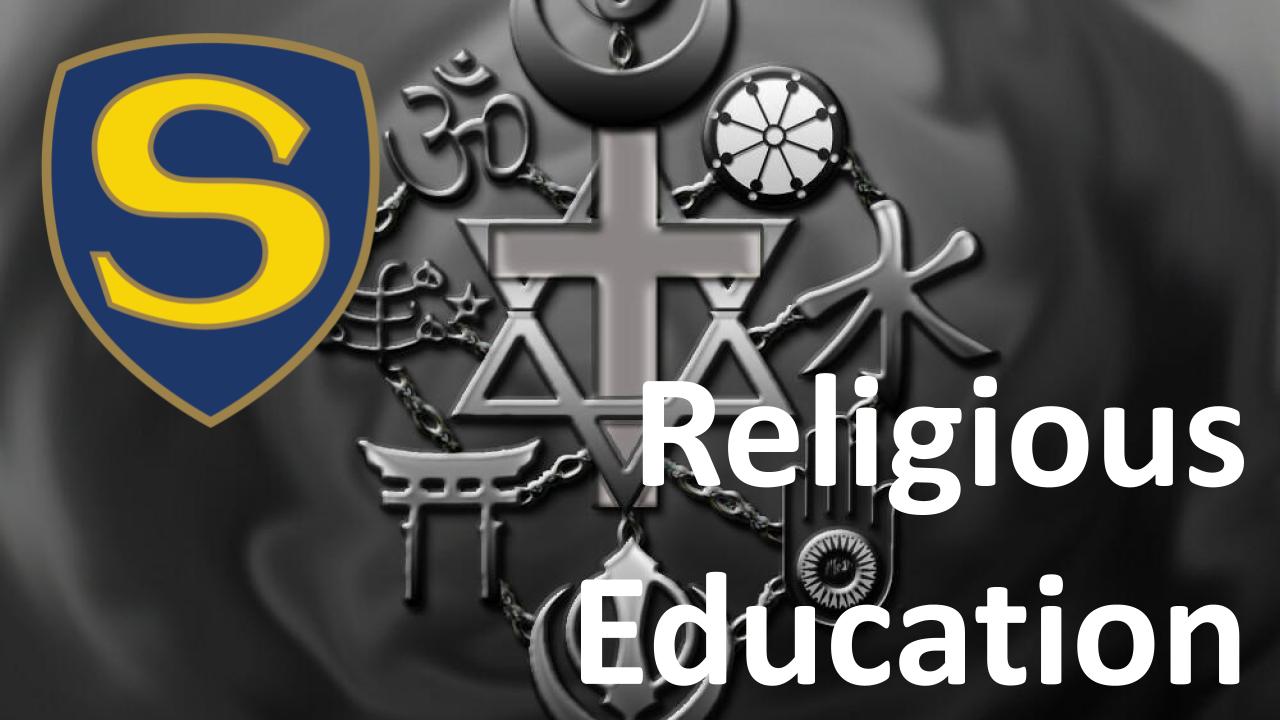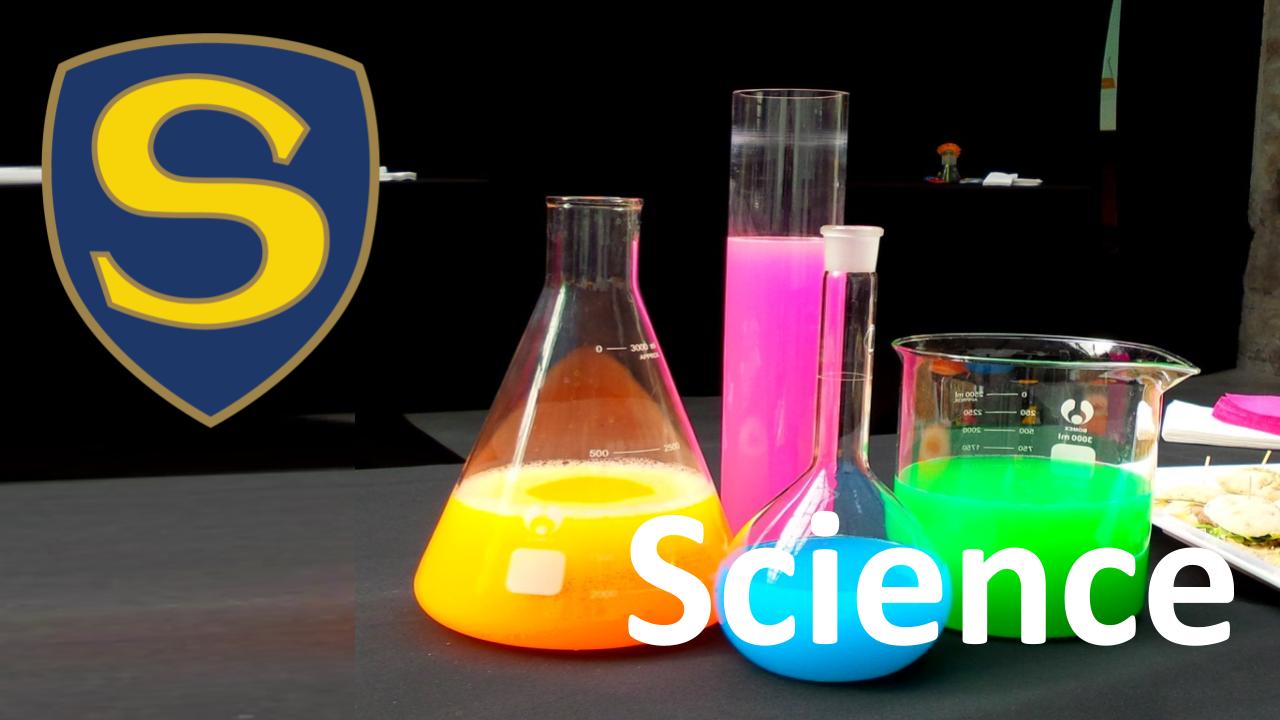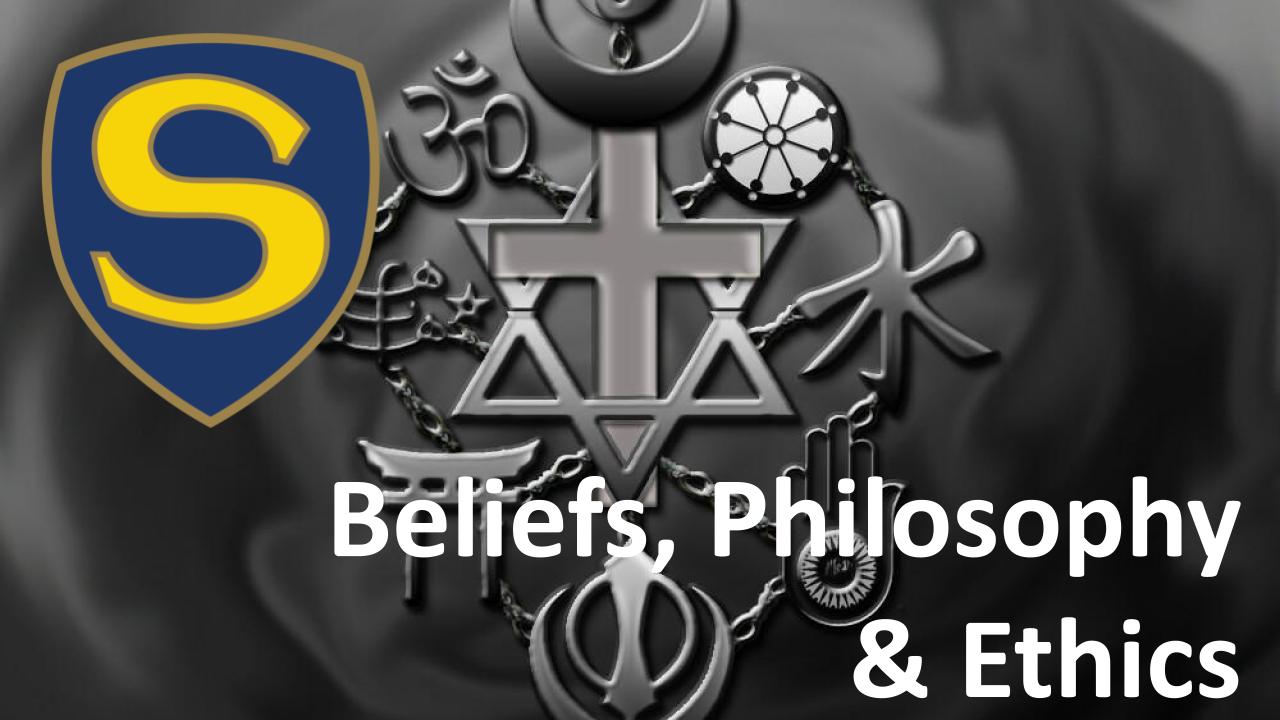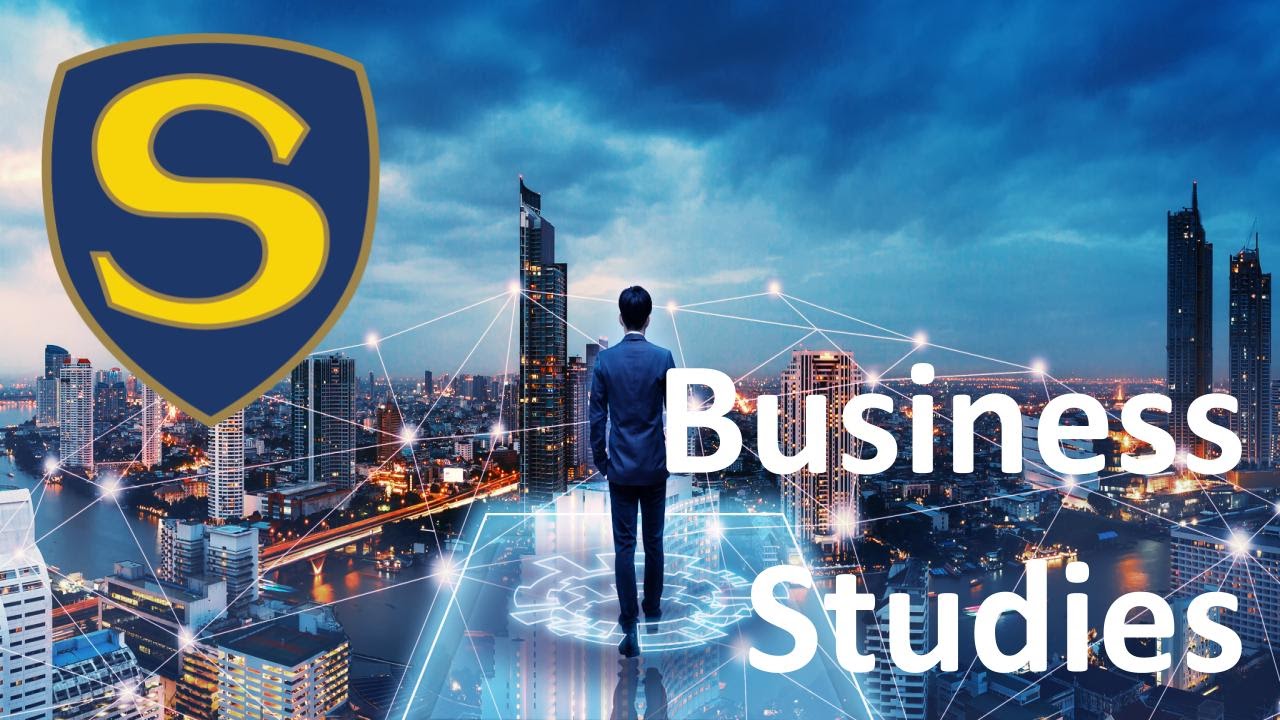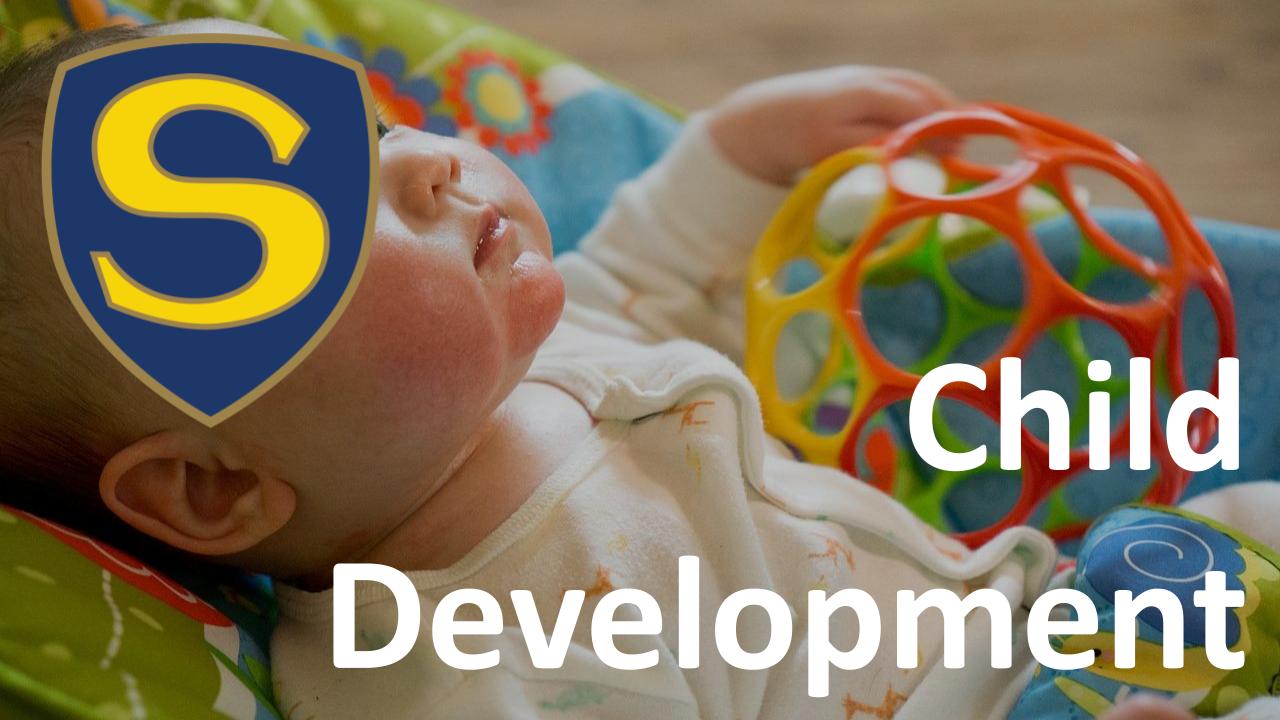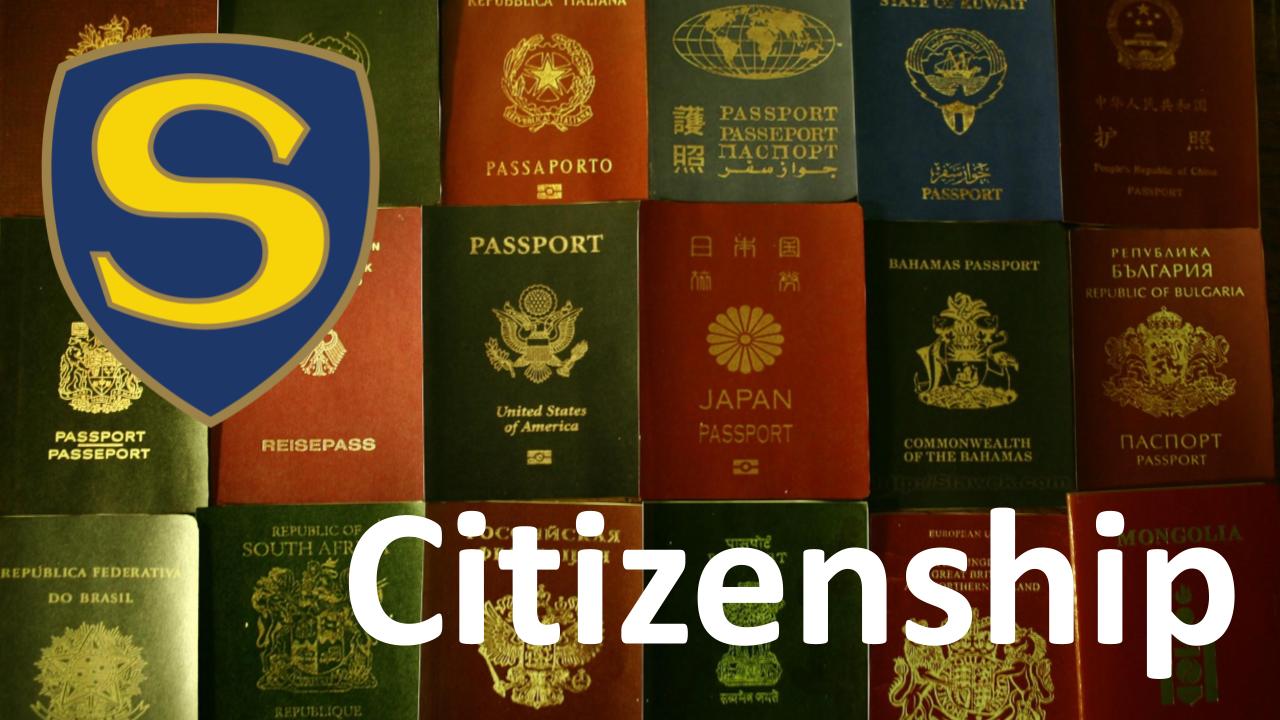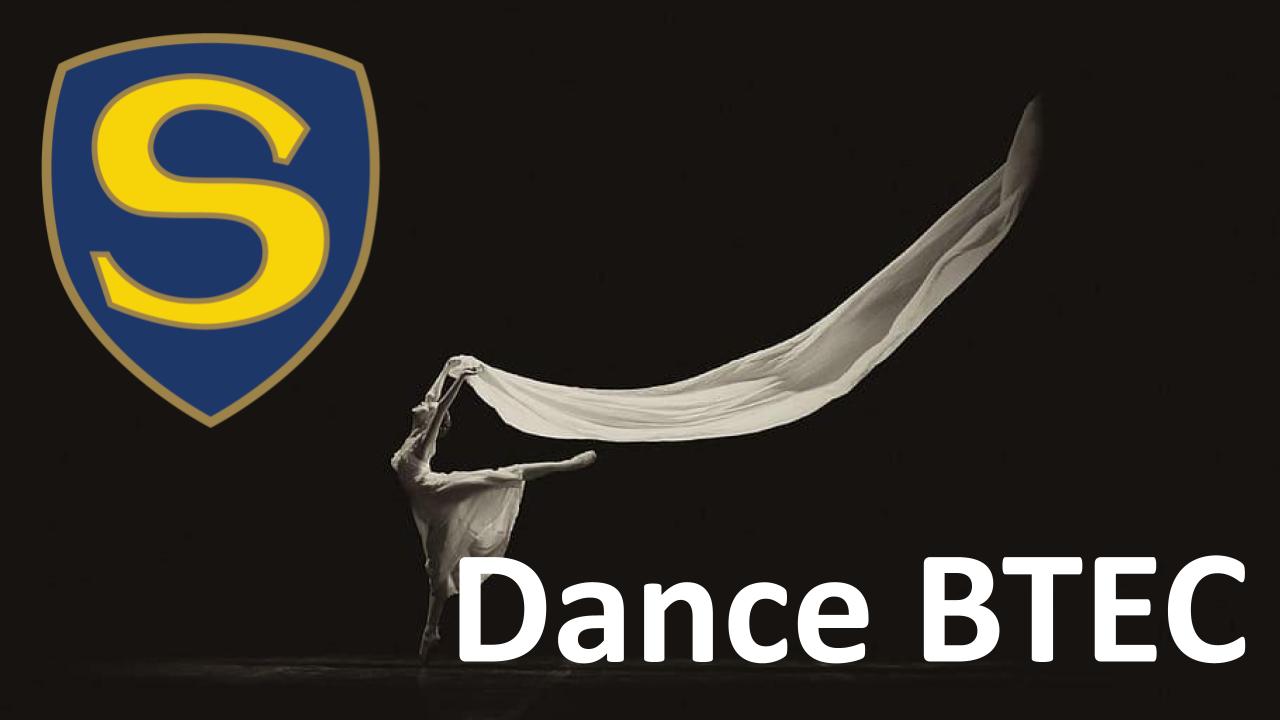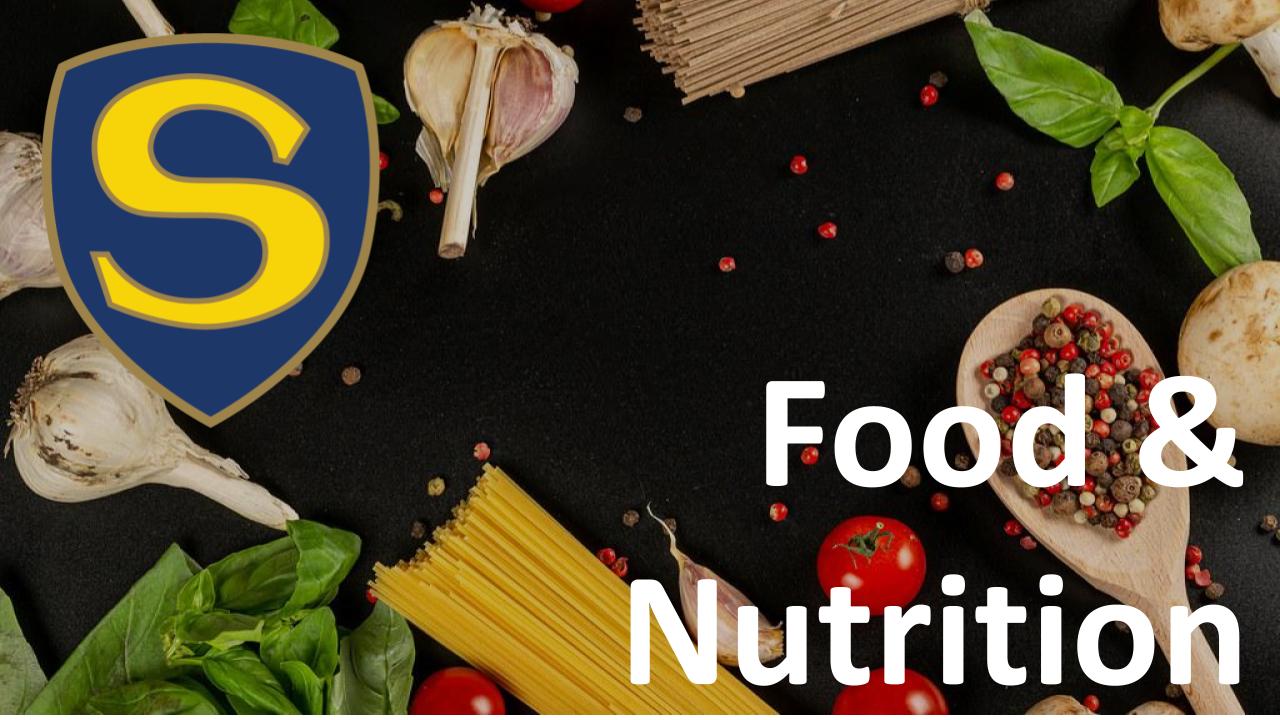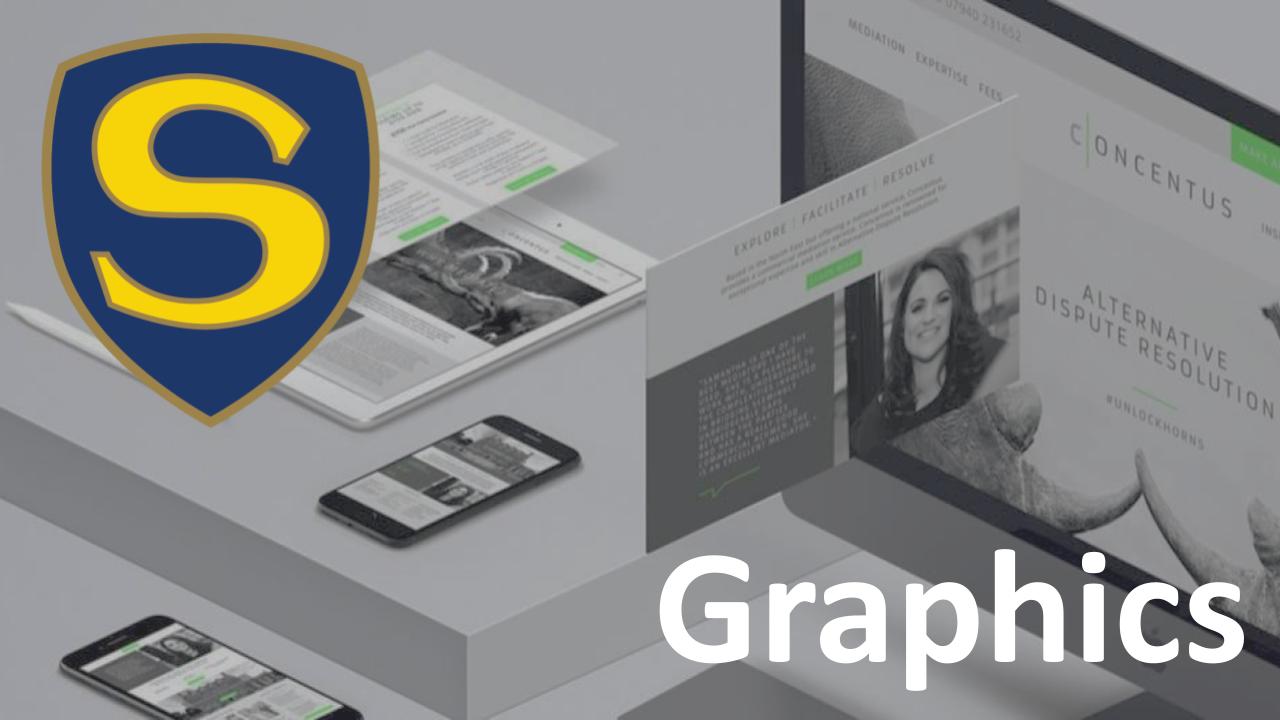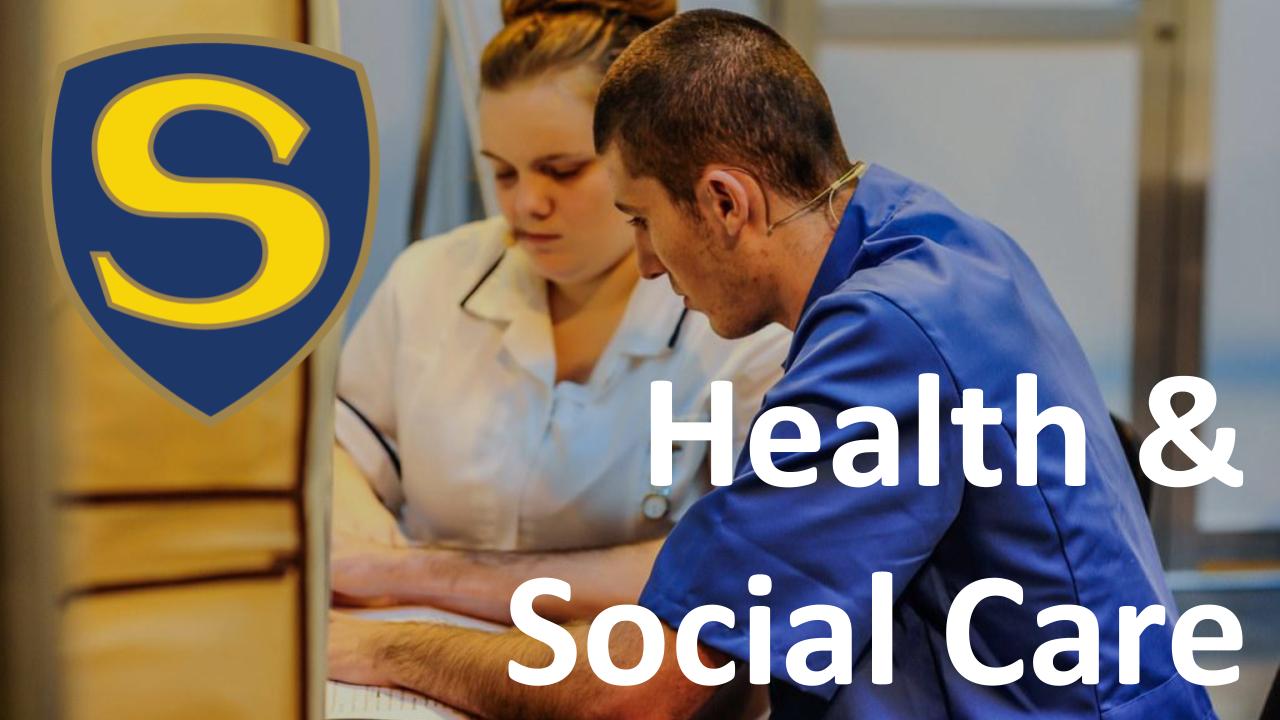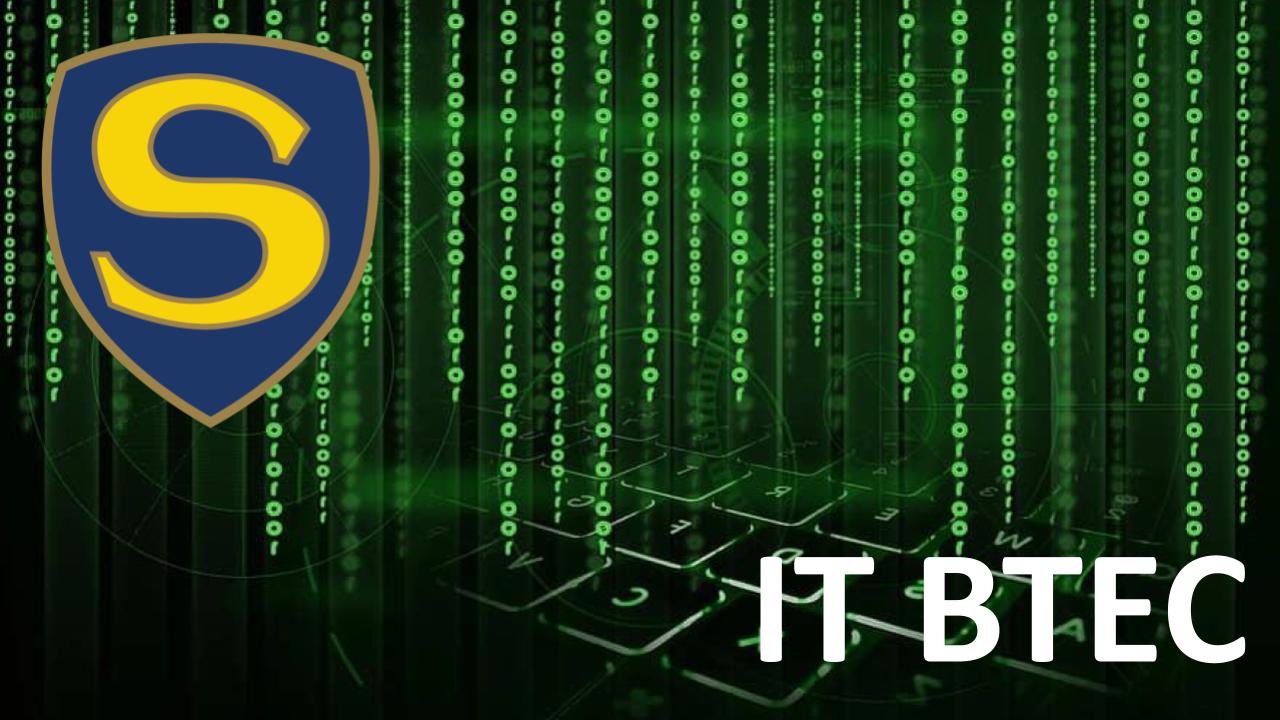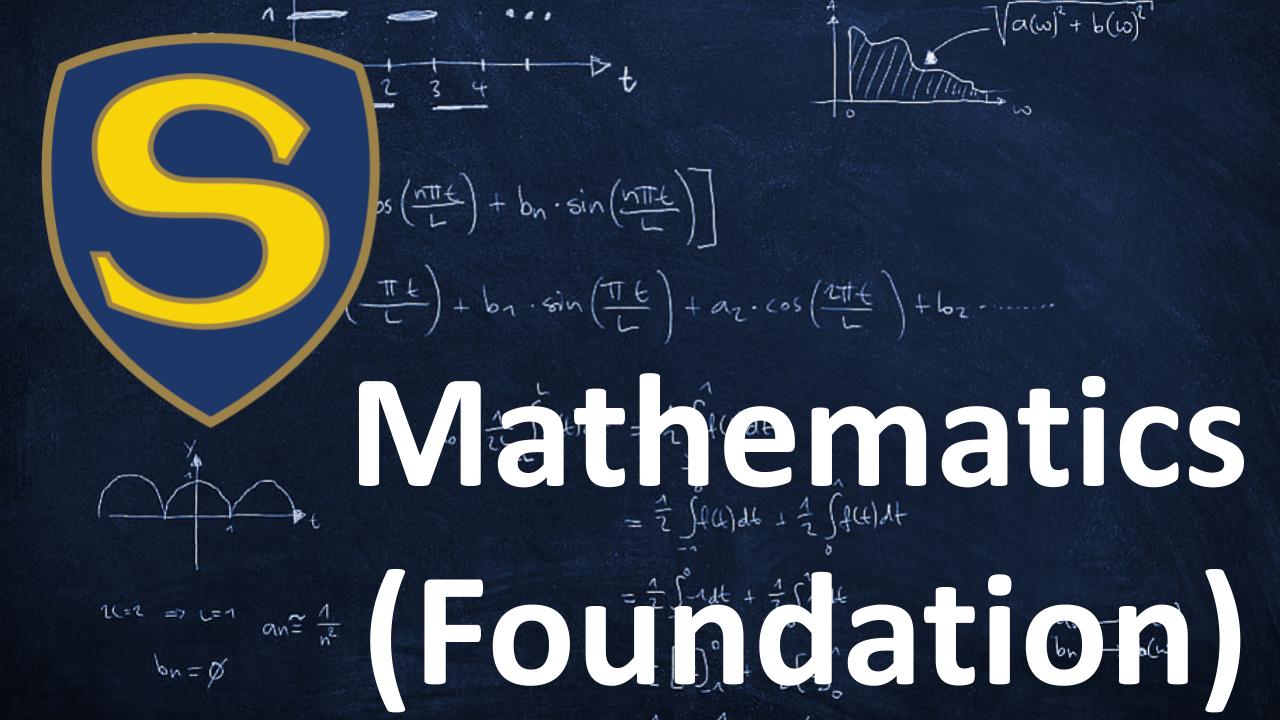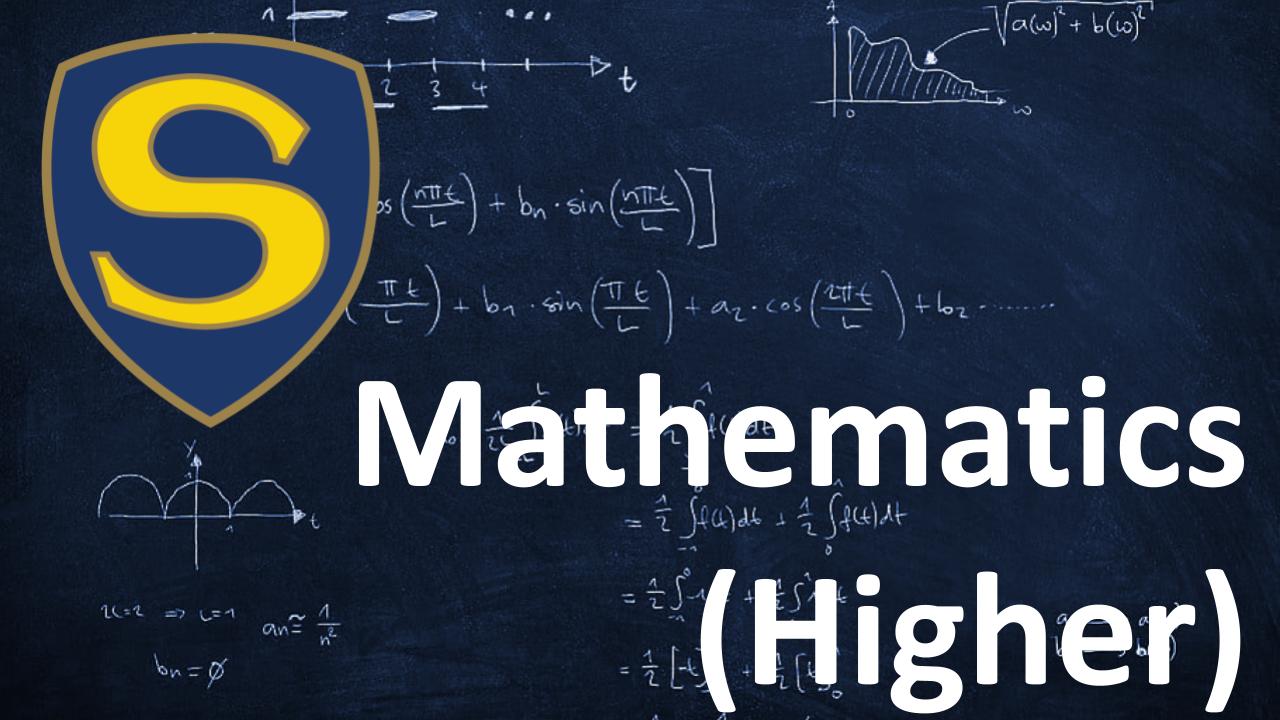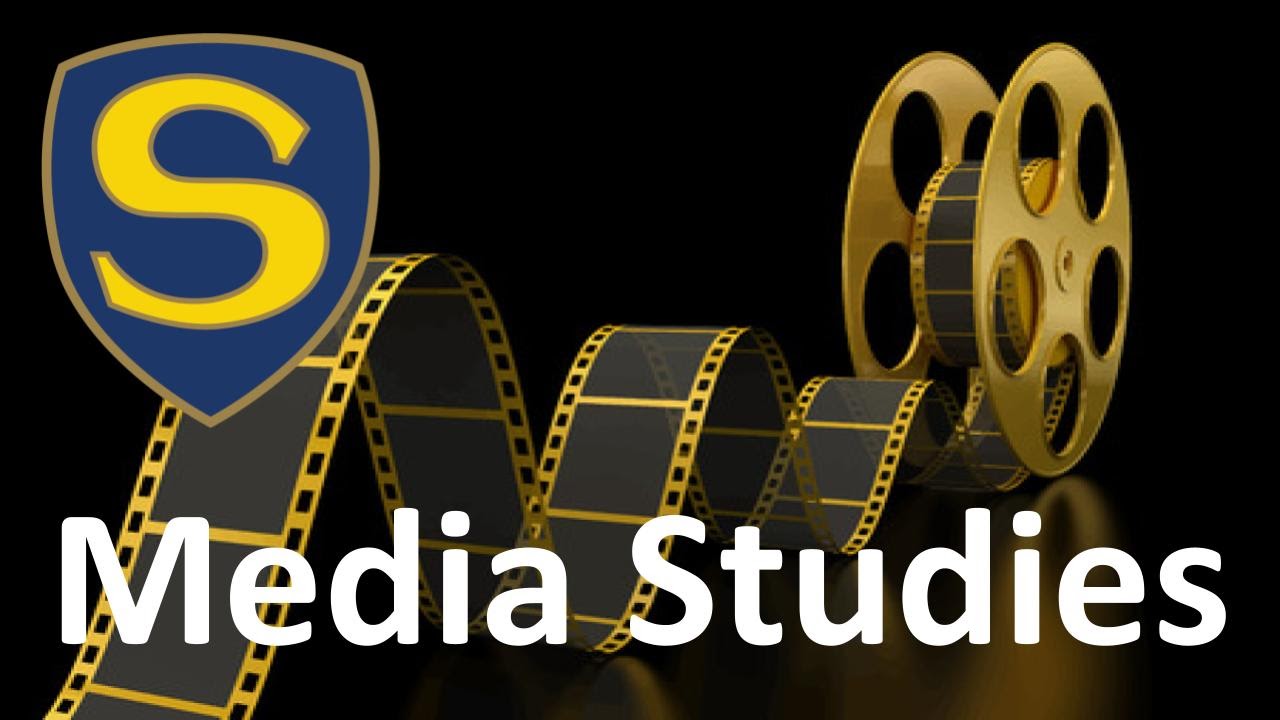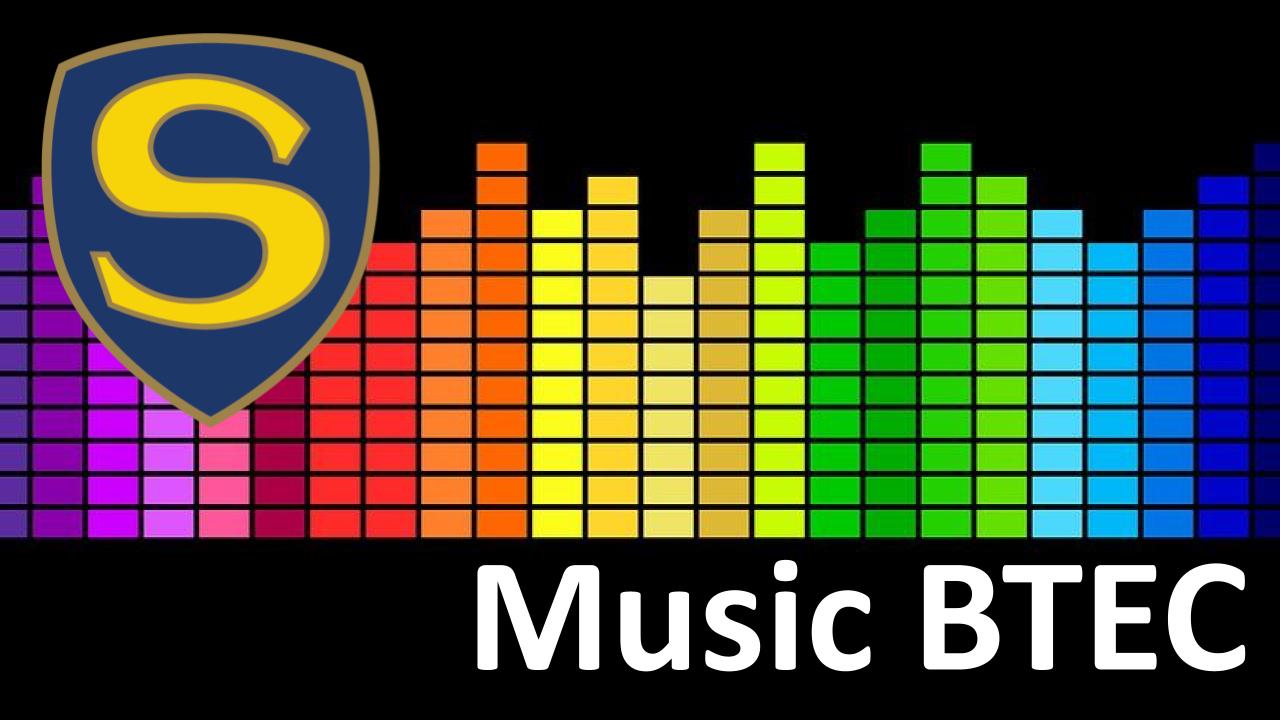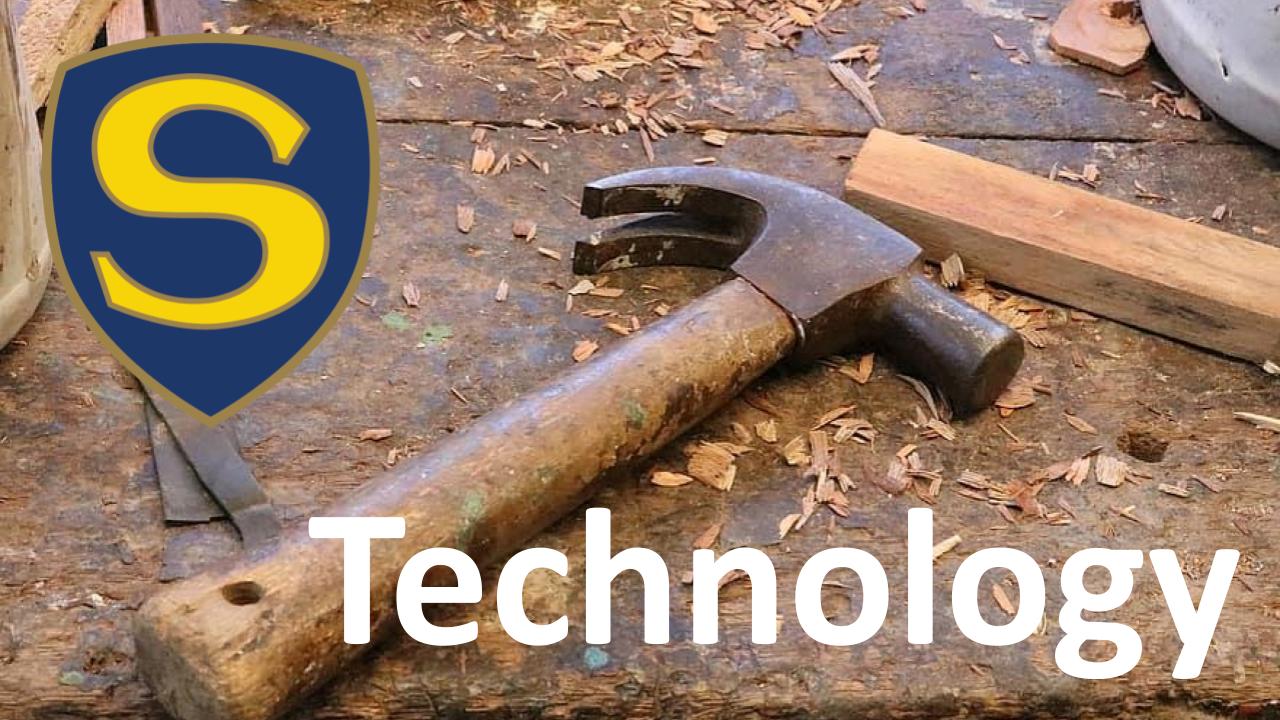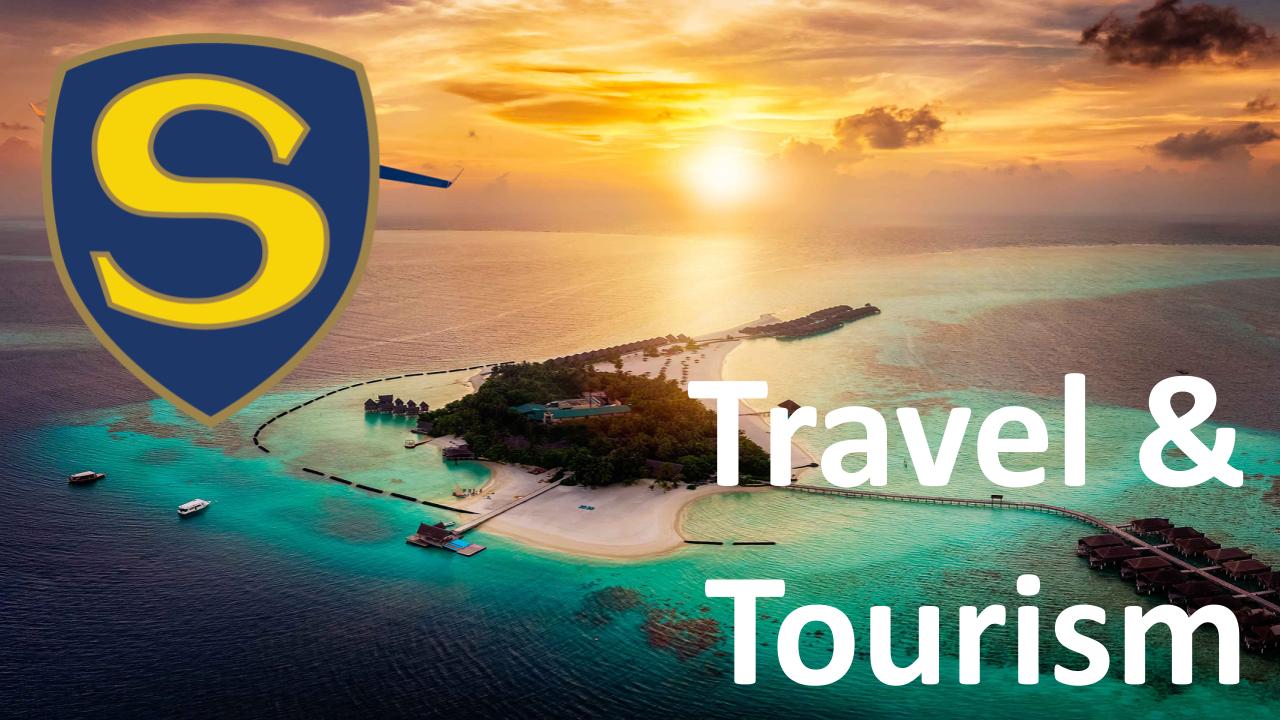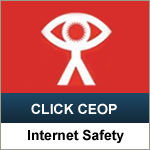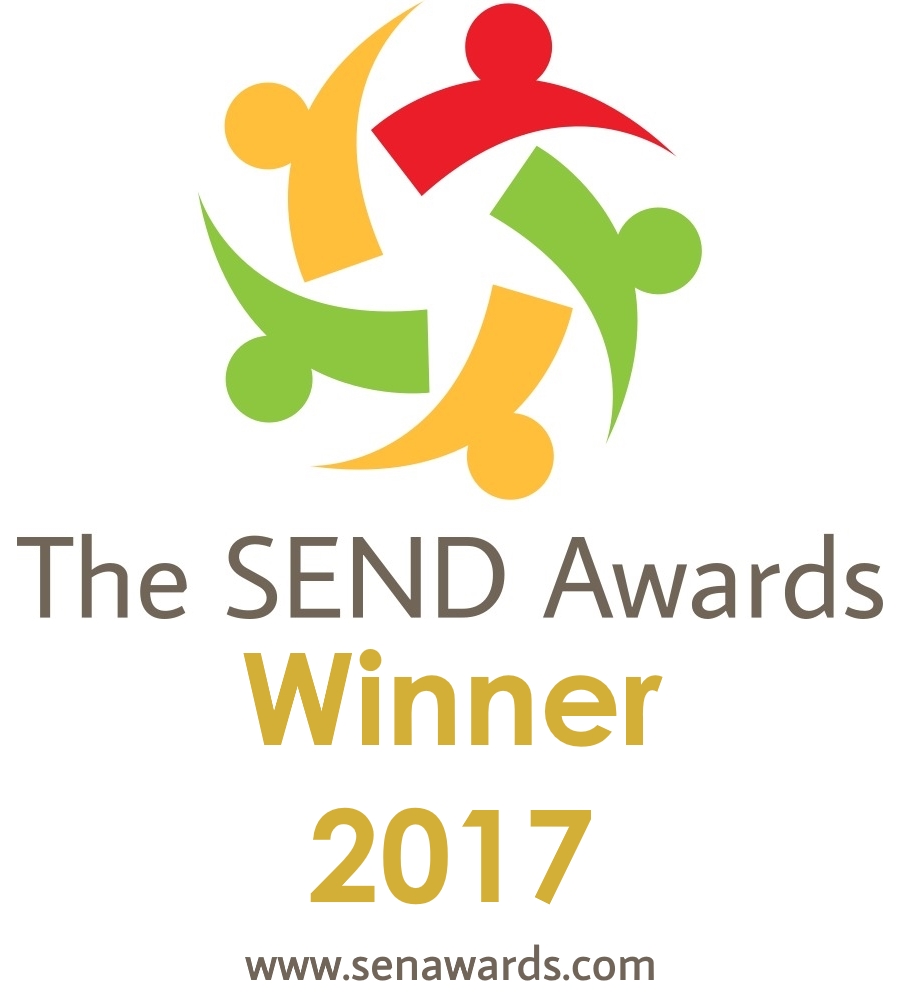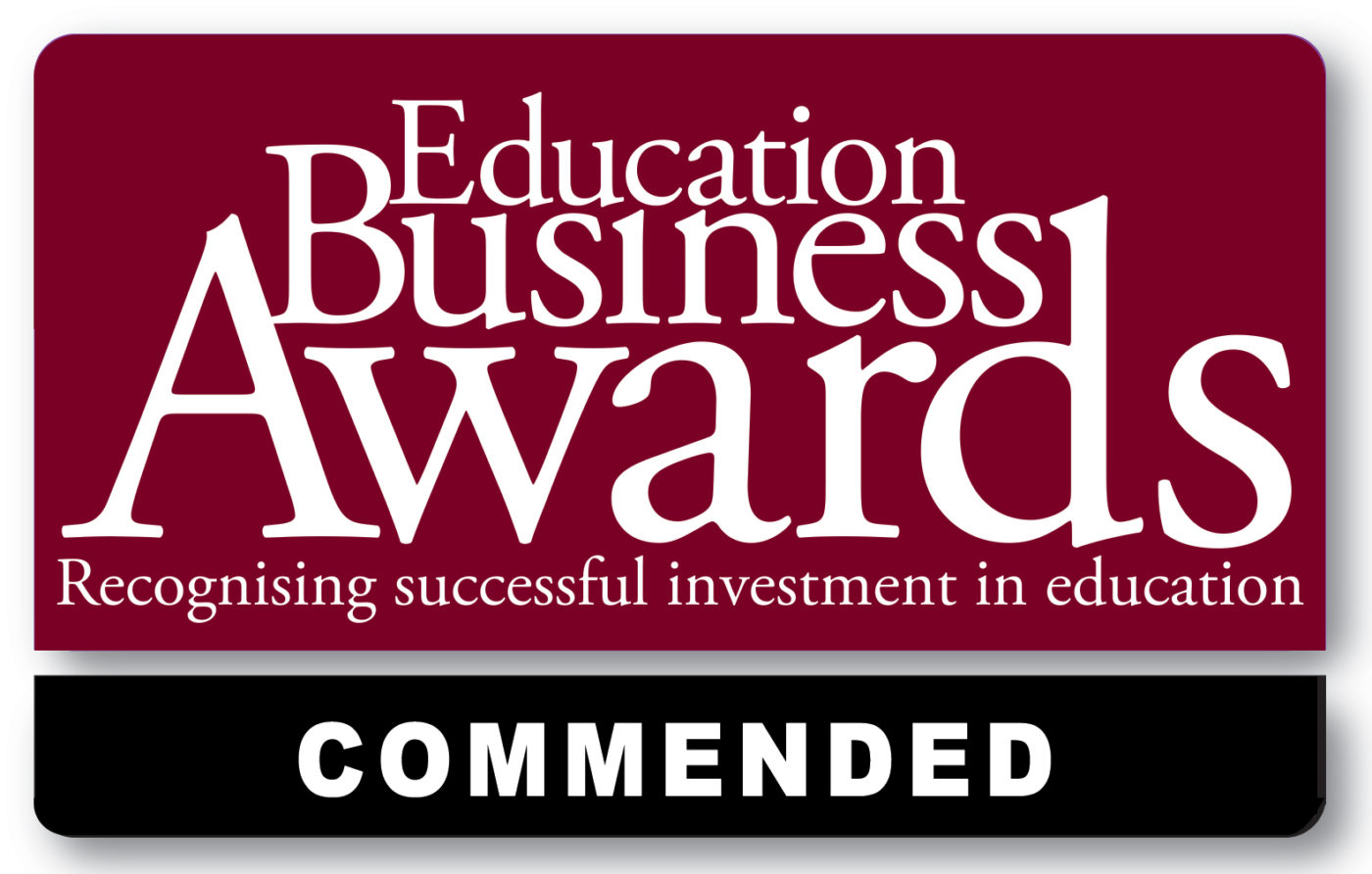Curriculum Statement
At The Stanway School we believe in preparing the students for a life beyond school and giving them every opportunity we can to build resilience, to gain opportunities and experience that will enable them to thrive in whatever it is they chose to pursue in their future endeavours.
We are in the process of refining and developing our curriculum to ensure it fulfils our intent of being:
- Knowledge-based and well sequenced,
- Ambitious and Inclusive, and
- Broad and Balanced
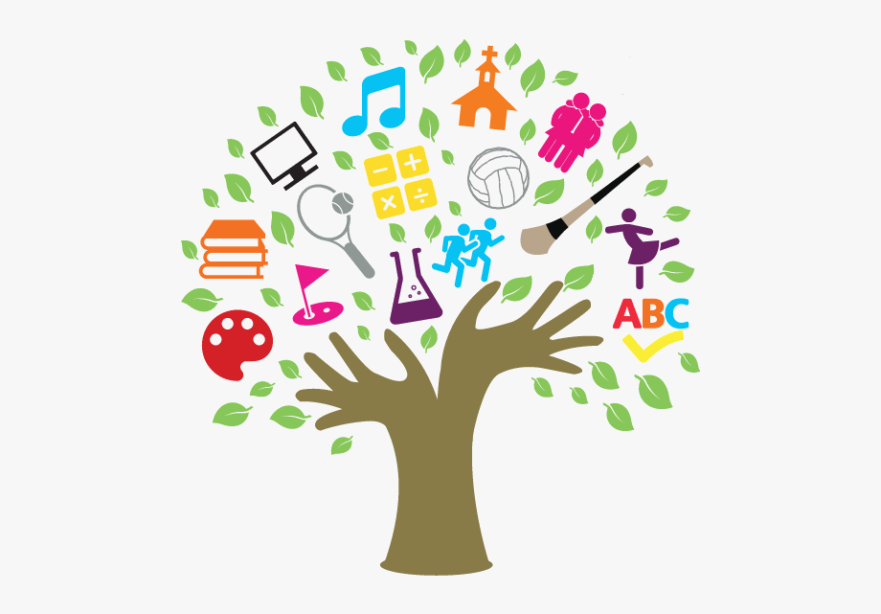

Knowledge-based and well sequenced
Through well-planned and interesting content, we engage all students in their learning and challenge them to enjoy learning and become active learners. Staff have the highest expectations of all of their students and embed appropriate challenge through effective questioning and, where necessary, risk-taking task design. Literacy – particularly vocabulary and reading – and numeracy skills are developed and stretched throughout the school. Through high quality teaching, students’ knowledge and understanding is accurately assessed to discover what has been retained, including content from previous units. Learning is sequenced across key stages. Transition from KS2 is strong and is built on effectively during KS3. Students are encouraged onto specific pathways through KS4 to match appropriate aspirations for their next steps, ensuring sustainable numbers of students follow the EBacc route.
Ambitious and Inclusive
All students, including the most disadvantaged and those with special educational needs, benefit from having a thought-through, well-sequenced curriculum which develops knowledge and cultural capital to succeed. Where needed, effective high quality interventions are successfully implemented, and any gaps in knowledge are quickly addressed to ensure every child can succeed. High levels of challenge will be heard, seen and modelled around the school and, where needed, appropriate support will be given in order that all students are fully prepared for their next steps. The majority of courses offered at Key Stage 4 are GCSE. However, pathways through our two-year Key Stage 4 are specifically tailored to individual needs to ensure alternative courses can be followed for specific cohorts of students. This includes BTEC qualifications, OCR Nationals and other courses. The proportion of students entering the EBacc qualification has risen recently and is now stable and consistent, with the expectation that this will continue in order to meet the government expectation.
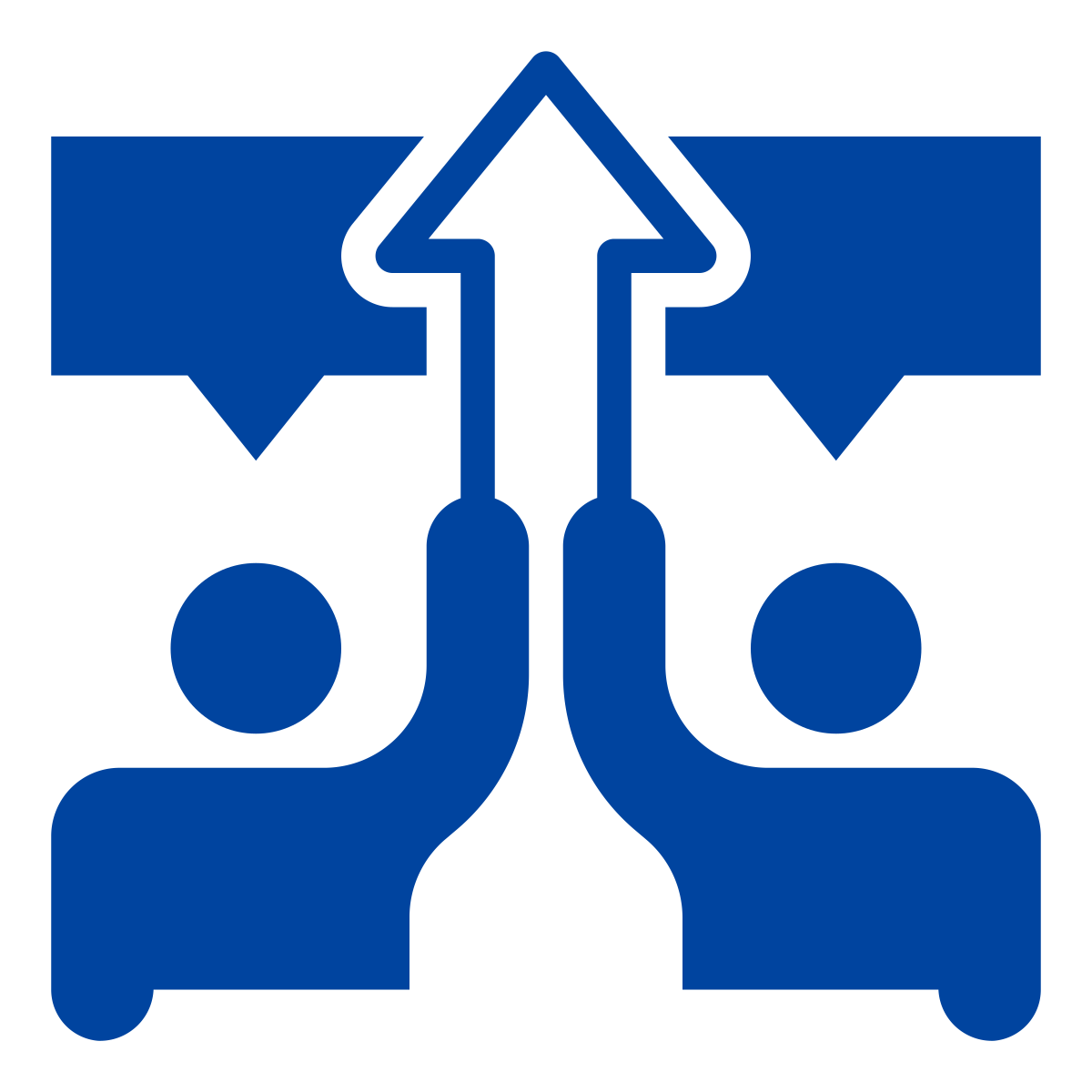

Broad and Balanced
Students study a wide range of subjects across KS3 and receive relevant and appropriate careers advice before choosing four options to take through to KS4. Throughout the school, students in all years receive Religious Education, Citizenship and Core PE lessons without terminal examinations. It is not our philosophy or practice to enter students en masse for non-core qualifications. We enrich the KS4 curriculum with relevant content to ensure all students continue to receive a well-rounded education, while suitable and appropriate qualifications are offered in each pathway, preparing all students effectively for their next steps in education, employment or training. We endeavour to build cultural capital in our students through providing an extensive range of opportunities beyond the classroom through educational visits and an extensive array of trips.
Key Stage 3
(Years 7, 8 & 9)
Key Stage 3 Curriculum Overview
In Years 7, 8 and 9 students study a broad and balanced curriculum that builds a firm foundation of the skills needed to ensure that students are GCSE ready when they enter Year 10. Subjects studied comprise of Art, Belief, Philosophy and Ethics (Religious Education), Computer Science, Design & Technology; Drama; English; Geography; History; Languages (French, or German); Mathematics; Music; Physical Education; Personal Development & Citizenship (PDC) and Science (Biology, Chemistry, Physics). Within MFL students are taught either French or German. Design and Technology is taught in a carousel with students experiencing lessons in Food, Textiles, Graphics, Resistant Materials and Electronics. A programme of Personal, Social and Health Education (PSHE) which includes careers advice is also delivered during AM Registration.
Key Stage 3 Curriculum Map
Key Stage 3 Curriculum Map
All students study the same suite of subjects in years 7, 8 and 9. The lessons are timetabled over a two-week timetable comprising of 50 lessons per fortnight.
Key Stage 3 Curriculum Map
 * Selected students will have a combination of Language lessons and some supportive Literacy lessons
* Selected students will have a combination of Language lessons and some supportive Literacy lessons
Key Stage 4
(Years 10 & 11)
Key Stage 4 Curriculum Overview
Core Curriculum:
English Language GCSE English Literature GCSE Mathematics GCSE Science GCSE (Most students study the Double Science qualification, but some students may take separate Science GCSEs in Biology, Chemistry and Physics) Beyond these subjects, there are a number of non-qualification subjects that are part of our Core Curriculum offer: Physical Education (this can also be taken as a GCSE Option) Religious Education (this can also be taken as a GCSE Option) Personal Development & Citizenship (Citizenship can also be taken as a GCSE Option)
Option Subjects:
Students will take up to FOUR options based upon the Pathway they have been placed on. Most students should be taking one of the Humanities Options AND one of the Language Options as part of their four choices. Humanities: Geography, History Languages: French, German, Spanish Further Humanities: Citizenship, Religious Studies Technology: Construction, Electronics, Food & Nutrition, Technology (Resistant Materials) IT: Computer Science, IT Creative Arts & Design: Art (Fine Art), Drama, Graphics, Media Studies, Music PE: Physical Education, Dance Social Sciences & Business: Child Development, Health & Social Care, Business Studies
If you would like any further details about the curriculum that is offered at The Stanway School, please visit our Staff Contacts page.
